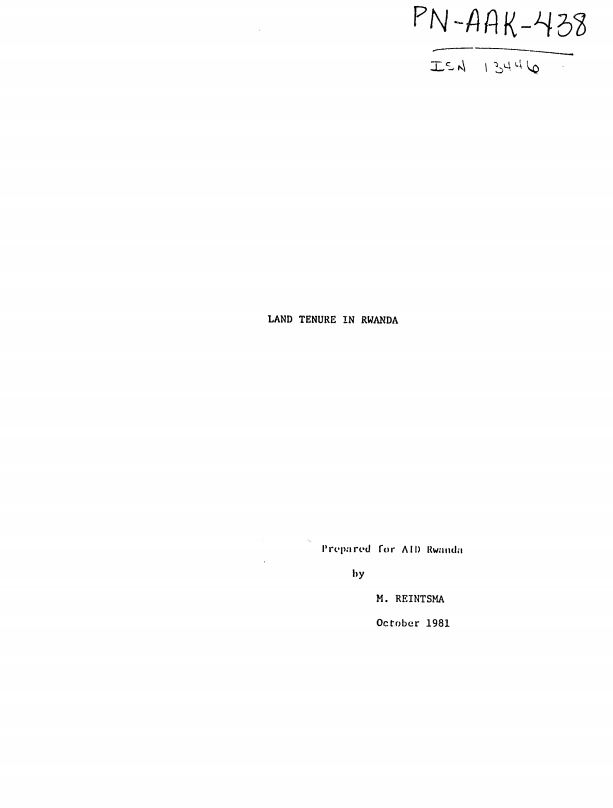The effect of existing land tenure systems on urban land development: A case study of Kenya's secondary towns, with emphasis on Kisumu
The Kenya Government has over a number of years pursued policies geared towards the promotion of secondary towns. Included in this strategy is the achievement of an orderly and coordinated urban land development. However, experience from these towns indicates that, planned land development has encountered a lot of bottlenecks particularly in relation to the institution of private ownership of land. This paper traces the land tenure systems that have existed in the Kenya’s secondary towns.





